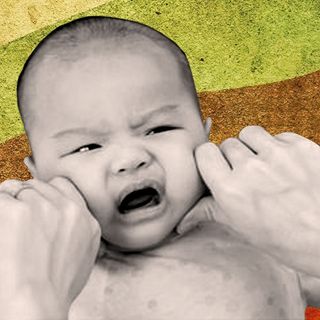Since parents fighting can, if not done carefully, have negative effects on children, many parents take a ‘save it for later’ approach to conflict. But this tactic may backfire: a new study has found the stress of suppressing emotions can make parents less positive and less engaged with kids, which is unsurprising. What is new is the finding that kids pick up on it and are less positive and engaged in return, especially with their mothers.
“Kids are good at picking up subtle cues from emotions,” said study author Sara Waters, an assistant professor in the department of human development at Washington State University, Vancouver, US. “If they feel something negative has happened, and the parents are acting normal and not addressing it, that’s confusing for them. Those are two conflicting messages being sent.”
To induce negative emotions and stress of relationship conflict, the researchers had parents — both mothers and fathers — perform a public speaking task and receive negative feedback from the audience. They were then asked to complete a building block task with their children. Some parents were instructed to act normal, while others were told not to let their child see what they were feeling.
“The act of trying to suppress their stress made parents less positive partners during the Lego task,” Waters said. “They offered less guidance, but it wasn’t just the parents who responded. Those kids were less responsive and positive to their parents. It’s almost like the parents were transmitting those emotions.”
Children were more sensitive when mothers were suppressing their emotions, than to fathers, the researchers found. The experiment was not designed to explain why, though they point to other research that has found men are more likely to suppress their emotions, which may make it more of a normal behavior in fathers for children.
It’s an imperfect experiment, but it does offer support to other research that has found one of the worst things parents can do when fighting in front of children is let conflict smolder, unresolved. Best to hash it out — respectfully — to a conclusion, than wait till the kids are out of the room.




